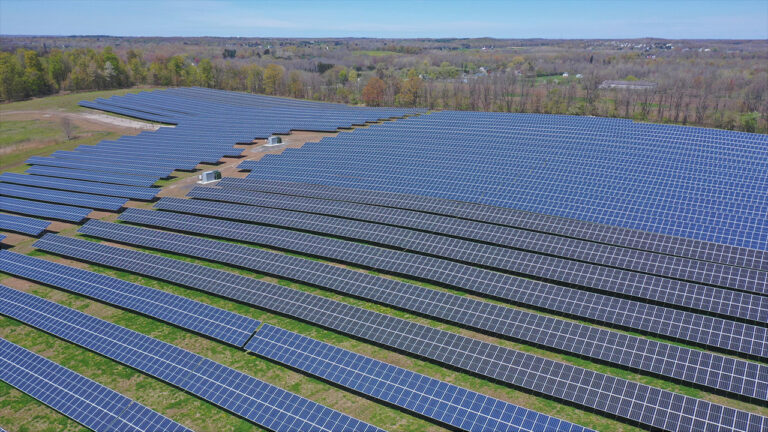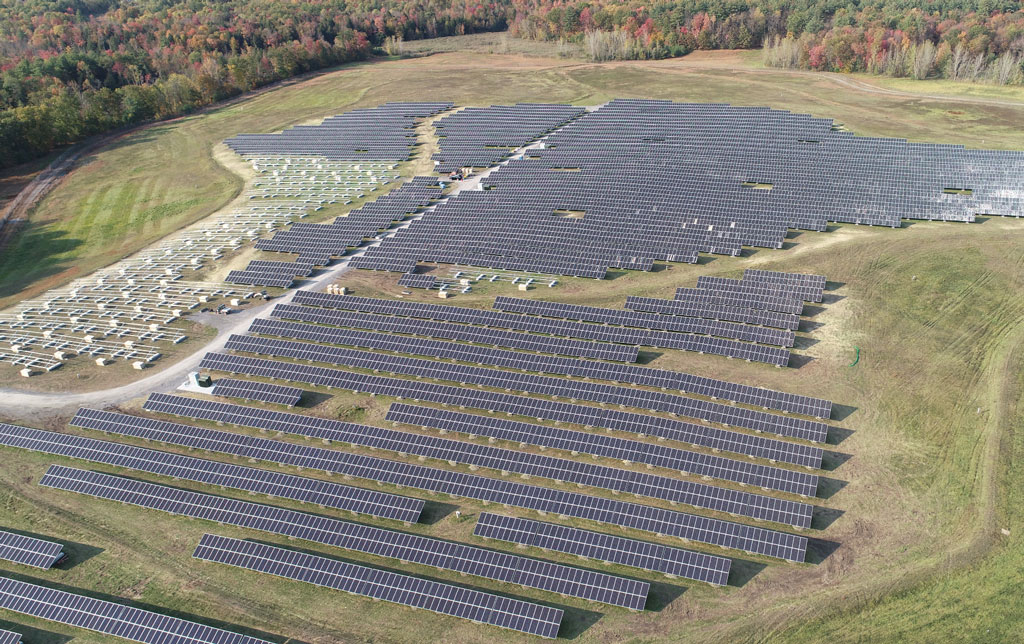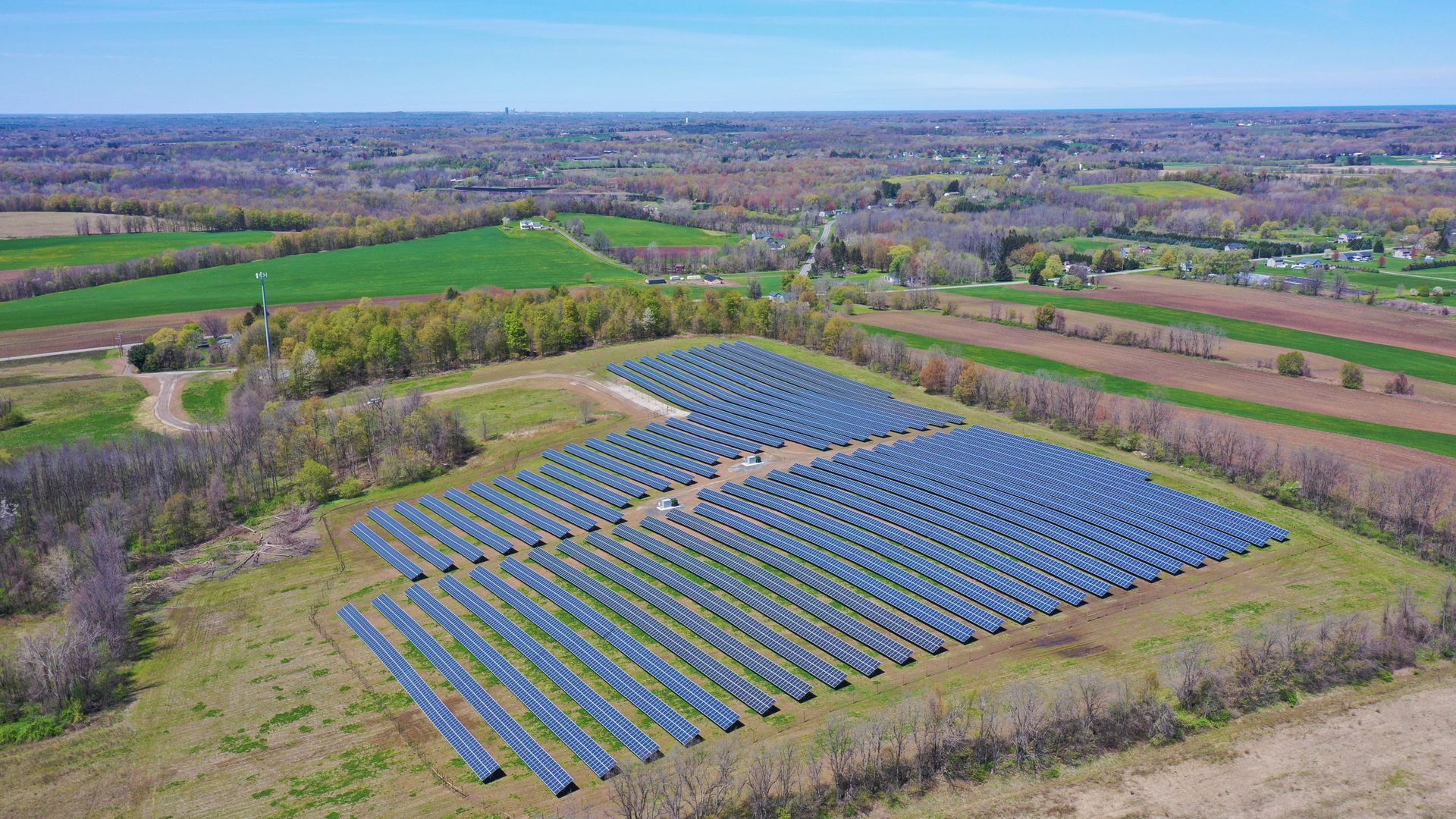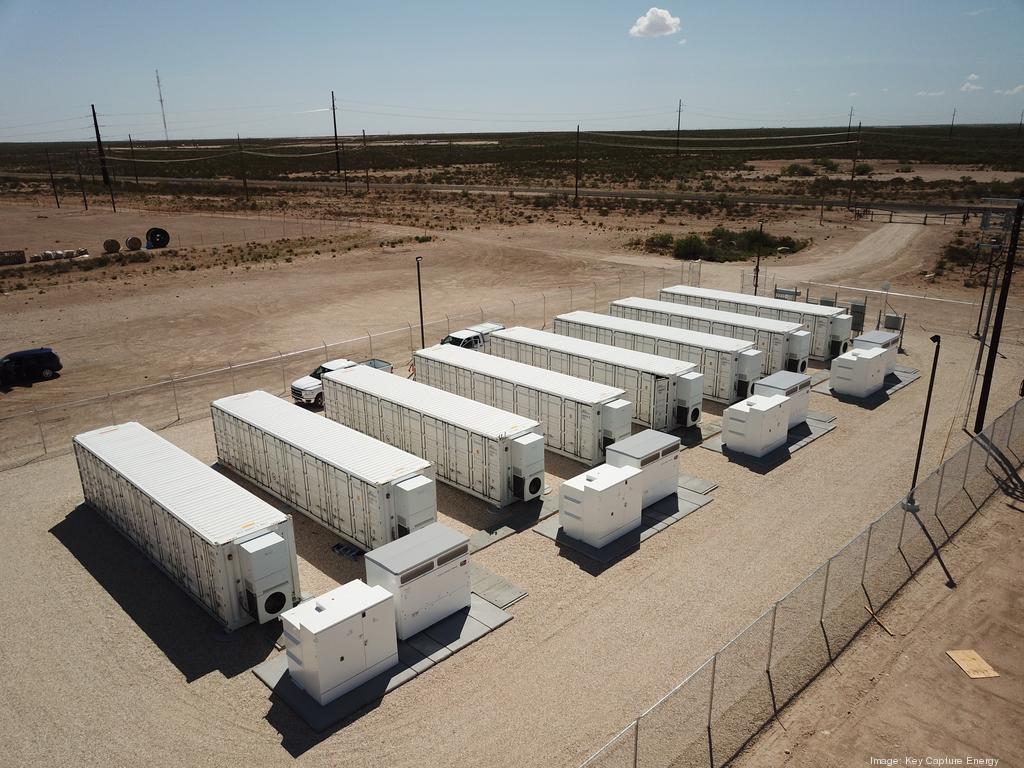Renewable Energy Engineering: Shaping the Future of Clean, Secure Energy

What is Renewable Energy Engineering?
Renewable energy engineering is a multidisciplinary field focused on the development and implementation of clean energy solutions derived from natural resources such as sunlight, wind and water. It plays a vital role in addressing global challenges including climate change, human health and welfare, depleting fossil fuel reserves and the need for sustainable power generation. By harnessing resources that are naturally replenished, renewable energy engineers are helping us achieve energy independence through clean and sustainable energy systems.
Understanding Energy Independence
Energy independence refers to a nation’s ability to meet its energy needs without relying heavily on imported fuels. By achieving energy independence, countries can enhance their energy security, protecting themselves from disruptions while also helping reduce environmental impacts from fossil fuels.
Renewable Energy: The Key to Energy Independence
Renewable energy sources are forms of energy that are naturally replenished on a human timescale, making them sustainable alternatives to traditional fossil fuels. Shifting from fossil fuels to cleaner sources reduces greenhouse gas emissions, decreases air and water pollution and improves public health, all while promoting long-term energy independence. Additionally, renewable energy creates local jobs and strengthens economic resilience by minimizing reliance on imported fuels.
Key Types of Energy Engineering
Solar Energy
Solar energy engineering involves designing and optimizing photovoltaic systems, which convert sunlight directly into electricity using solar panels, as well as solar thermal systems that capture heat for water heating and industrial applications. These technologies have become increasingly efficient and affordable, making solar power a central component of the global shift toward renewable energy.
Battery Energy Storage
A battery energy storage system (BESS) is a system that stores electrical energy in rechargeable batteries for later use. It’s often used in conjunction with renewable energy sources like solar and wind to mitigate their intermittency. BESS can also provide backup power, improve grid stability and offer various other grid services such as peak shaving, load shifting and ancillary services.
Wind Energy
Wind energy engineering focuses on harnessing wind power through advanced turbine designs and sophisticated electrical systems, allowing for reliable, large-scale energy generation in both onshore and offshore environments.
Hydroelectric
Hydroelectric engineering utilizes the movement of water through dams, rivers and other waterways to generate clean electricity, relying on careful water resource management and innovative turbine technology to maximize efficiency and minimize environmental impact.
Geothermal
Geothermal energy is thermal energy extracted from the earth’s crust, drawing from both the planet’s formation and radioactive decay. Engineers tap into this heat by drilling wells and installing systems to convert it into usable heat or electricity, an approach that has been used for millennia.
Together, these disciplines within renewable energy engineering drive technological innovation, support energy independence and contribute to more sustainable, resilient energy systems worldwide.
How is Colliers Engineering & Design Supporting the Shift to Clean, Secure Energy Sources?
At Colliers Engineering & Design, we provide a comprehensive suite of services designed to empower the transition to clean, secure energy solutions. Our expertise spans solar energy and battery storage, which enable clients to harness renewable power efficiently while ensuring a reliable supply. We also specialize in electric vehicle charging infrastructure design, helping accelerate sustainable transportation networks across communities and industries. Not only does effective EV charging infrastructure enable convenient and accessible charging for drivers, but it also helps integrate renewable energy sources into the grid, improving overall energy efficiency. In addition, our capabilities include advanced dam and hydropower engineering, where we focus on optimizing power generation while maintaining environmental stewardship.
By delivering innovative engineering solutions tailored to diverse projects, we contribute to energy independence, economic resilience and the advancement of renewable energy systems for a more sustainable future.

Gloversville Landfill Solar Project: a 5 MW Community Solar Farm on top of a capped landfill in the Town of Johnstown, NY.

Frey Road Solar Project: a 5 MW Community Solar Farm located in Macedon, NY.

BESS Projects – Five (5) 10 MW BESS projects located throughout Texas. This project involves the development of civil/site plans for five separate 10.0-megawatt Battery Storage facilities that are connected to substations of varying sizes.
Want to learn more about our services? Click here.

Comments are closed.